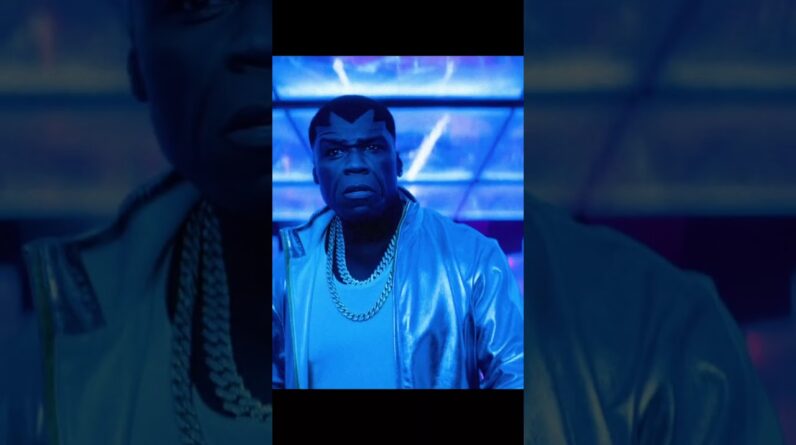Ever heard of the Mpemba effect? This incredible phenomenon shows that under certain conditions, hot water can freeze faster than cold water! 💧❄️ Join us as we explore the science behind this mind-boggling occurrence, from molecular movement to freezing patterns. Discover how temperature, evaporation, and dissolved gases play a role in this intriguing mystery! 🤔🔍
👉 Watch now to see the experiments in action and learn about the fascinating world of physics!
#MpembaEffect #ScienceExplained #Physics #WaterScience #FrozenFun
The Mpemba Effect: Hot Water Freezes Faster?! 🧊🔥
What is the Mpemba Effect?
The Mpemba effect is a captivating scientific phenomenon where hot water can freeze faster than cold water under certain conditions. This counterintuitive observation was named after Tanzanian student Erasto Mpemba, who in 1963 noticed that hot ice cream mix froze faster than a cold mix. Researchers have been studying the Mpemba Effect for decades, leading to various theories about why this surprising event occurs.
How Does the Mpemba Effect Work?
Understanding the mechanics of the Mpemba Effect involves several factors that influence the freezing process. Here are the key contributors:
- Evaporation: Hot water has a higher evaporation rate. When water evaporates,it loses mass,and the remaining water can freeze faster.
- Convection Currents: hot water creates convection currents, effectively circulating heat and allowing for more uniform cooling.
- supercooling: Cold water can sometimes supercool, remaining liquid below its freezing point. Hot water is less likely to supercool, leading to quicker freezing.
- Hydrogen Bonds: The structure of the water molecules changes at different temperatures, perhaps influencing how quickly they can transition to ice.
Common Misconceptions
Despite the scientific backing, several misconceptions exist regarding the Mpemba Effect:
- Many believe it always applies, but it actually only occurs under specific conditions.
- It is not universally accepted; ongoing research continues to explore its validity.
Benefits and practical Tips
Practical Tips for Experiencing the Mpemba Effect
- Use distilled water — impurities in tap water may influence freezing rates.
- Experiment with different container shapes; wider containers can enhance evaporation.
- Test in a controlled environment to minimize temperature fluctuations.
Real-Life Applications and Benefits
The Mpemba Effect isn’t merely a quirky science experiment.It has potential applications in various fields:
- Cryogenics: understanding freezing rates will improve preservation techniques for biological materials.
- Climate Science: knowledge of water dynamics contributes to studies on ice melting and climate change impacts.
- Everyday Life: Cooking and food storage could benefit from this phenomenon, allowing for more efficient cooling methods.
Case Studies and Experiments
Famous Experiments Demonstrating the Mpemba Effect
| Experiment Type | Temperature Used | Results |
|---|---|---|
| Mpemba’s Original Study | Various (Hot: ~80°C, Cold: ~24°C) | Hot water froze faster. |
| Evaporation Experiment | Hot: 95°C,Cold: 5°C | Validated faster freezing in hot water. |
| Supercooling Experiment | Control at -1°C | Cold water supercooled; hot water froze faster. |
First-Hand Experiences
Many enthusiasts have engaged in DIY experiments to test the Mpemba Effect. Here are a couple of engaging anecdotes:
- Home Experimentation: A college student placed boiling water in a shallow dish and cold water in a bowl. Surprisingly, the boiling water froze solid minutes before the cold water!
- On a Cold Day: A chef noticed that his warm broth, when placed outside quickly, froze faster than the chilled stock — leading him to wonder if he could utilize this effect in his cooking.
Conclusion of the Mpemba Effect
While the Mpemba Effect continues to intrigue scientists and curious minds alike, its implications can transcend the realm of physics and into practical applications in cooking and environmental science. With ongoing research, our understanding of this intriguing phenomenon could lead to groundbreaking discoveries in various fields.






